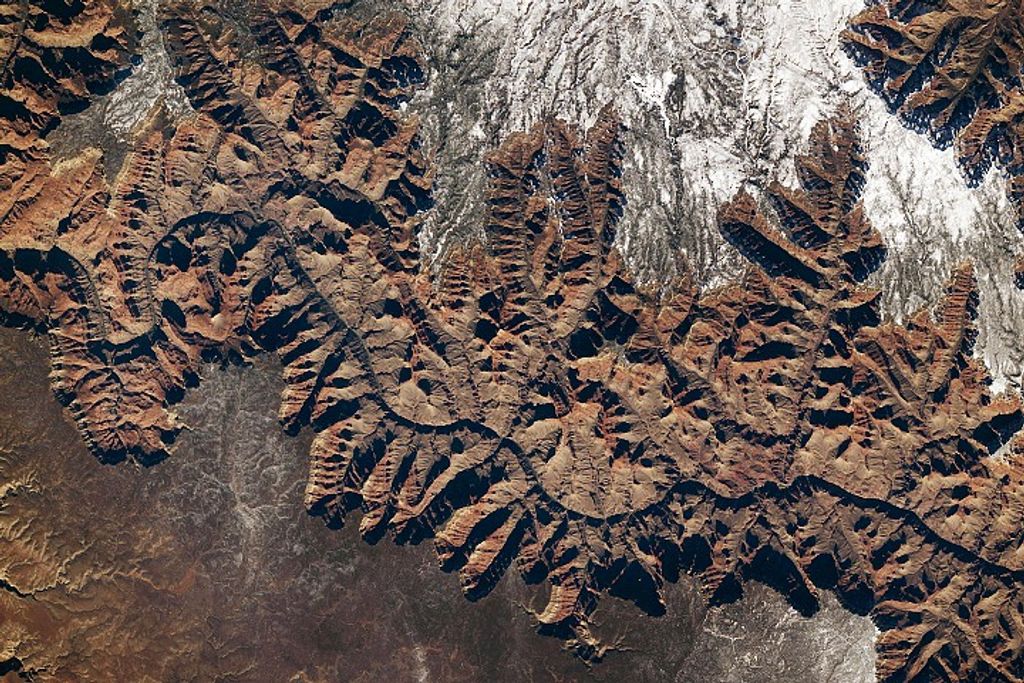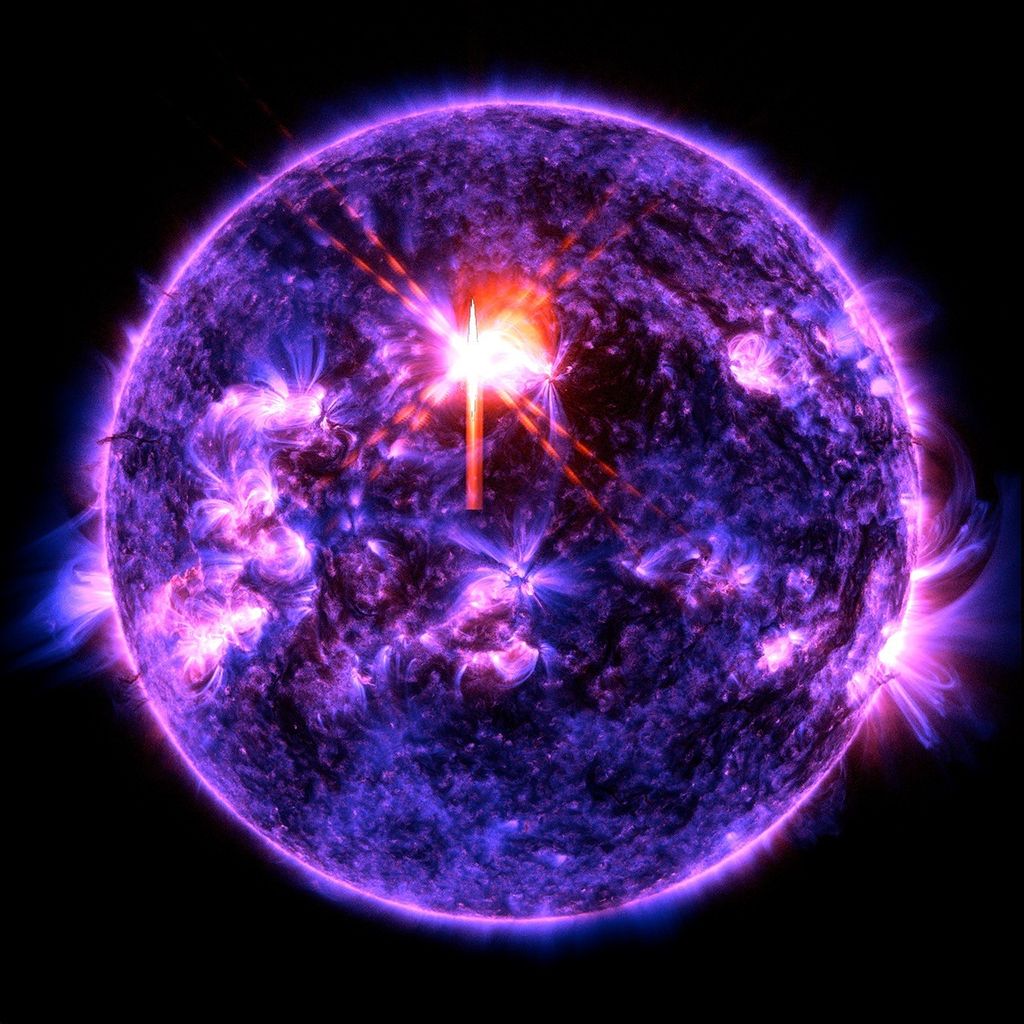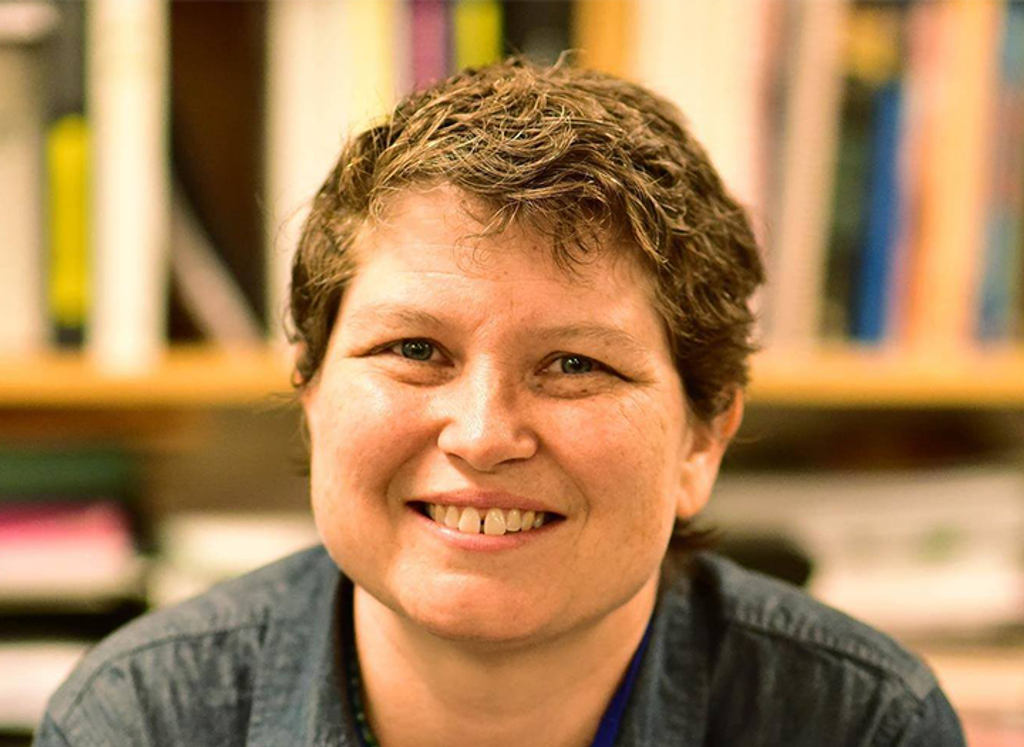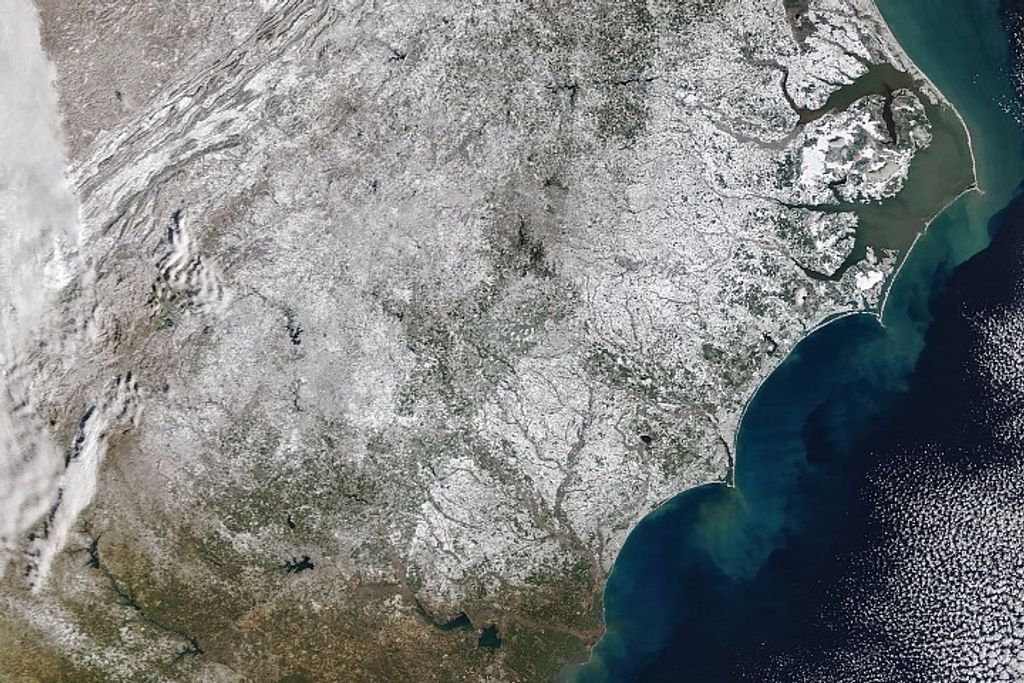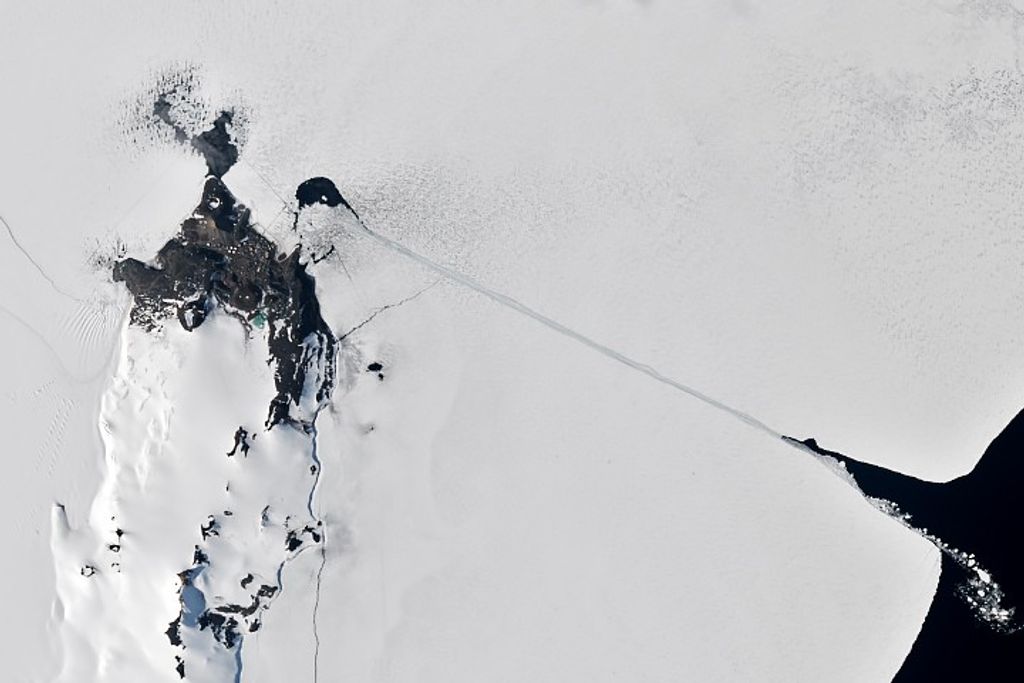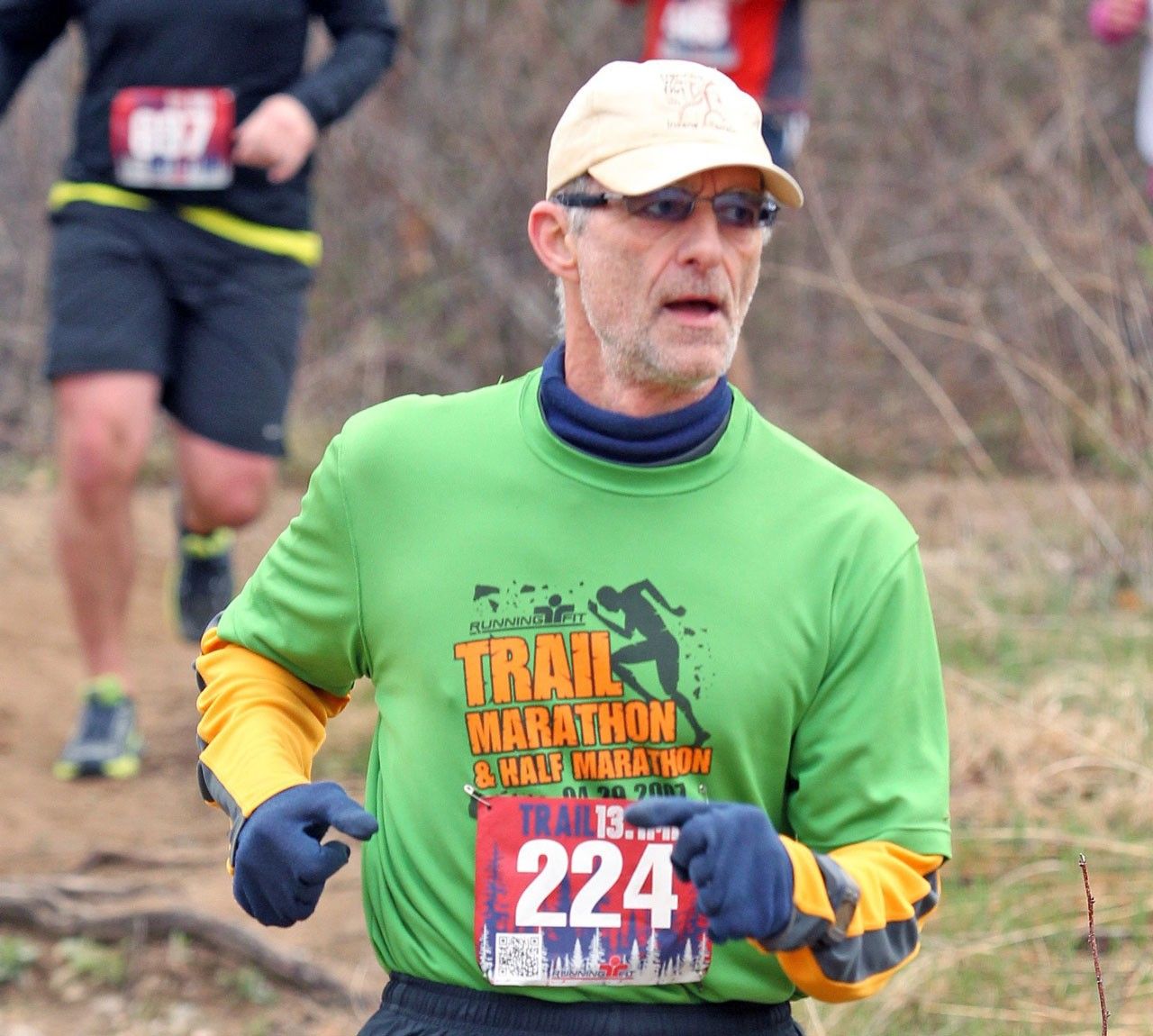
Michael A. Capraro
NASA Citizen Scientist
Contents
- Education
- How did you become a NASA citizen scientist?
- What are your favorite citizen science projects to work on?
- What do you do when you’re not doing science with NASA? Tell us about your job and your hobbies!
- What have you discovered or learned as a NASA citizen scientist?
- What’s the biggest challenge you’ve faced as a NASA citizen scientist?
- What advice would you give to others who might want to volunteer with NASA?
- What are some fun facts about yourself?
Education
Wayne State University
BS & MS Chemical Engineering
Michael is a retired chemical engineer.
How did you become a NASA citizen scientist?
I read about the work of Dr. Andrew Westphal at the University of California, Berkeley, on the Stardust@Home project and decided to get involved. Apparently, this made me a “NASA citizen scientist” by default, and I’m proud to be considered as such.
What are your favorite citizen science projects to work on?
Aside from the Stardust project (searching for interstellar dust in images of the Stardust spacecraft aerogel collector), I’ve been heavily involved with “Stall Catchers,” something of an offspring of Stardust@Home. The mission there is searching for stalls in blood flow through microcapillaries in mouse brains, in order to advance research into Alzheimer’s Disease at Cornell University.
For a layperson to have the opportunity to help advance scientific knowledge and/or hasten a treatment or cure for debilitating illnesses, well, that’s extraordinary. But thanks to citizen science, the extraordinary becomes more ordinary, yet still special.
I’ve participated in several other citizen science projects, most through Zooniverse. One of my favorites there was “Decoding the Civil War,” especially decoding and transcribing a letter from General Grant. The personal and official correspondence from this and other time periods gives one a more intimate feel for our history.
What do you do when you’re not doing science with NASA? Tell us about your job and your hobbies!
I’m a retired chemical engineer, so no current “job” aside from groundskeeper and chief dishwasher for the domicile. I’m a competitive runner, volunteer tutor for math & science at an alternative high school and for GED students.
I also sing bass in a choir, teach 5th-grade religious formation, work with the Society of St. Vincent de Paul, coordinate retiree luncheons.
I sometimes teach or sponsor adults preparing for sacraments of initiation, assist at Boy Scout STEM events, and other stuff.
What I’m best at though, seems to be tutoring and unskilled labor – and maybe the singing.
What have you discovered or learned as a NASA citizen scientist?
Progress can be highly dependent upon access to specialized scientific or analytical resources, funding, and competing for project priorities. Getting to know the people involved in various project aspects gives one a real feel for how diverse personalities and talents can really complement one another and contribute to more rapid advancement and successful outcomes.
Oh, almost forgot, Stardust@Home was my first real experience using an online forum. That really came in handy for subsequent endeavors.
What’s the biggest challenge you’ve faced as a NASA citizen scientist?
Well, I thought when I retired, I’d have more time for citizen science. Of course, there were all these other “opportunities” in which to invest time as well – too many. So, let’s say time management.
What advice would you give to others who might want to volunteer with NASA?
Absolutely do it. Make it happen. Current background and experience are largely irrelevant. Just get involved – the learning and experience build automatically.
What are some fun facts about yourself?
- Along with my wife, I got to sing in a large choir at Carnegie Hall once, mostly backing up Liam Lawton, a multi-platinum Irish singer-songwriter (and priest).
- Have done a few Boston Marathons, as well as Big Sur, ran the tunnel under the Detroit “River” (it’s really a straight) several times, and got to finish the Marine Corps Marathon by the (Iwo Jima) War Memorial.
- Got to tour the space sciences labs at Berkeley thanks to Dr. Westphal and his team (that’s also when I ran Big Sur).









